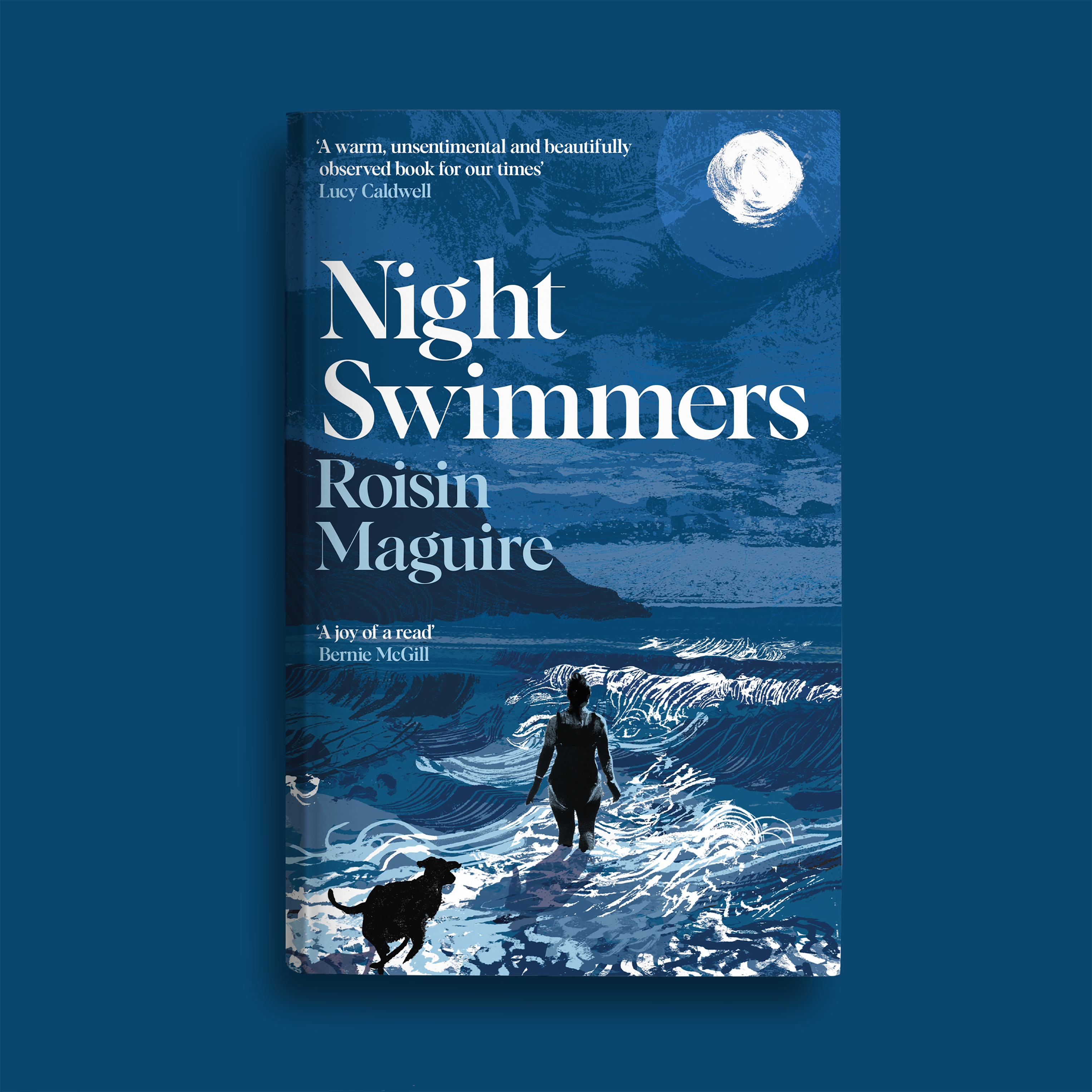
Chapter One
She heard them before she saw them, a cluster of brightly coloured chickens, fussing at the water’s edge, flapping and clucking.
‘Silly bitches,’ she said.
Treading water, blinking the salt from her eyes, she watched them for a moment. They were folding towels, stowing phones in yoga-bags, pulling off sandals. They were toeing the water, expressing dismay at its temperature. They were coming in, now. She could hear the giggles and the tiny little screams of surprise as the water met their smooth white feet. They wore dinky little swim-hats and their shoulders were hunched and pale and narrow.
She flipped herself over and ducked down, down, down under the surface, letting the sparkle of her bubbles soothe her, feeling the cold rush over her skin, her belly, her thighs. A cool hand. She felt the tick of her pulse grow heavy as she dived into the dark, but kept going, kept swimming and wriggling downwards until her heart became a knocking in her throat and temples, forcing her to turn back, push to the surface again, pull fresh air in and blink and drip and breathe and look out to sea and try to pretend she was on her own.
‘What the hell are they doing here?’ she grumbled, lying back crossly and kicking great columns of water up into the air, letting it rain down again, delicious. She could have stayed for ages longer but the shrieking and splashing carried out across the still plane of water in the bay – her bay – and jangled her, spoilt it all. No one ever came all the way around here, to this pebbly, inhospitable place. They put up their windbreakers and their deckchairs and the rest of their shit back around the corner on the main beach where the sand lay golden and inviting and cool and bright, and left this place for her.
Bugger, she thought.
She rolled over, disgruntled, looking out to where the grey sea met the grey sky and disappeared, feeling the depths beneath her dangling toes, dark and heavy and beautiful. It was maybe fifteen, twenty metres deep out here, just at the edge of OK, just before the currents began, those whip-strong lines of muscle from east to west, those unstoppable forces, those dangerous beasts. She could see them from where she was, juddering the water ahead, as if freight trains ran just underneath the surface and dragged the sea along.
She swam away, just to be sure, swam a little distance in, towards the shore.
They were still in a tight group, the other women, but they were in the water properly now at last. Their red and green and blue and white heads bobbed up and down as they sketched a communal breaststroke around and around in tight circles, up down, up down, up down, like that fabulous fairground game where you got to hit rodents with a mallet. She wished she had a mallet, now, she surely did.
They’d be there for ages on her beach, she grumped, even after they’d got out of the water – swaddled in special swimming robes and taking photos of themselves, drinking hot things that steamed from shiny metal cups. Adventurers, all. Triumphant explorers of the deep on social media.
She’d have to go in, then. Get it over with.
Damn.
She headed back, slowly, like a schoolchild at the morning bell.
The dog saw her coming, jumped up from the shelter of the dark rocks, and started barking as it always did.
‘Good lad,’ she said, and smiled a little, felt a teensy bit better.
The dog came to the edge of the water, barking, barking, barking.
The chittering and bobbing stopped among the swimmers, and squeaky wondering began.
‘Oh my god, look at that thing – I wonder where its owner is.’
‘I wonder if it will come in? D’you think it will come in?’
‘Oh god, Ellie, I hate dogs, you know I hate dogs. I hope it doesn’t come in.’
‘That’s not a dog, that’s a monster.’
Nervous giggling, swivelling of bright heads.
‘I’m getting a bit cold. I’ll really need to get out, in a minute.’
‘How can we get out, if it’s there, like that? I wonder how we can get out?’
Their voices, rising, travelled faster over water than on land. She could hear every word, their clear assertive diction shining through.
‘Oh my god, look! There’s someone way out there – I bet it’s their dog.’
‘Where?’
‘Where? I can’t see anything.’
‘They haven’t a hat on, or anything. Look – miles away – that black dot, there, see?’
Pause. Everyone looking.
She felt like waving, but didn’t.
Dog, barking and barking.
Barking and barking and barking.
Paws in the water now, barking and barking.
She imagined its mouth open, doing that frothing thing by now, all the teeth jangling in there, sharp in its blunt ugly head.
The heads turning to her, to the dog, to her again.
All standing now, pimpled and chilly no doubt, their silly orange tow-floats dangling, staring out along a pointing finger to where she swam.
‘Unless it’s a seal?’
‘Oh god, Ellie, I hope it’s not a seal. I hate seals.’
She obliged, with a flip of her feet, ducking under, hearing a shriek before the water bubbled over. It was a pity, she thought, in the murky white of it, holding herself down by letting breath stream out. It was a damn pity she wasn’t a seal. Seals could submerge for six minutes or more. Fantastic creatures, altogether. She could have swum right past them, right in to shore, invisible; lolloped out and up the beach and away, before they knew it.
As it was, she thought, bubbling slowly to the surface, she’d have to go past them.
She began to swim again.
She used long, strong, steady strokes, forgetting the others briefly in the tick-tock-tick-tock of it, loving the stretch and the pull of it, loving the slip-slap of it on her face as she turned to snatch a breath, then turned to swim again. She saw the sleek dark rocks slip past, marked her progress on the familiar spikes and lumps of them, felt herself getting close to shore.
‘Excuse me! Hey, excuse me!’
She kept swimming, tick-tock-tick-tock.
‘Hi!’ On two friendly notes, ‘—Excuse me, is that your dog?’
Dog barking and barking and barking.
Its stump of a tail would be whacking back and forth now at the sight of her approaching head. All four legs would be bouncing on the sand at once, as if she’d been gone for a fortnight – stupid thing.
Tick-tock-tick-tock.
Bark, bark, bark, bark.
‘—Hello? Excuse me?’
‘He won’t answer. Why won’t he answer you, Kate?’
‘Rude thing. Horrible, like his dog.’
‘Honestly!’
She must be almost level with them by now.
She could see the seabed, rippled and light, within a toe’s reach below her.
Tick-tock-tick-tock-tick-tock.
‘Hey! Can you call your dog, please?’
The voice was bawling now.
‘—You shouldn’t just let it run loose like that, you know. Scaring people. Hello? Hello?’
She paused in the water, blinked it out of her eyes and found her feet on the sand. It crisped nicely between her toes like a welcome home. She looked at them, standing there. The woman stopped shouting. Moderated her tone. Straightened her bony shoulders.
‘It’s – your dog’s being a nuisance! Look! It won’t let us out of the water!’
Behind her, the other women closed in, a line of faces with knitted eyebrows, nervous eyes.
Bark, bark, bark, bark.
The leader’s swimming-hat was a deep purple, no doubt she’d say it was mulberry, with daft little rubber flowers dotted around the edge. Grace knew that if she ripped it off, the hair underneath would be long and shiny and perfumed and smooth. She didn’t, of course. She flicked her own wild seaweed lengths back over her shoulder instead, and let the woman register several things. Then she stood up slowly. Felt gravity pull everything back down, that had floated so nicely before. Watched the woman’s face go slack with surprise. Smiled.
‘Good god, she’s got nothing on.’
‘Oh my lord, I wish I had my phone.’
Tittering behind Purple-hat, who didn’t seem to know where to look.
Bark, bark, bark, bark.
‘Em,’ the woman lowered her head and shook it, as if trying to get rid of the image she’d just seen ‘—your dog—’
‘Not my dog,’ said Grace briskly, heading for shore with great long strides, hearing snickers and snorts behind her, ‘never seen it before in my life.’











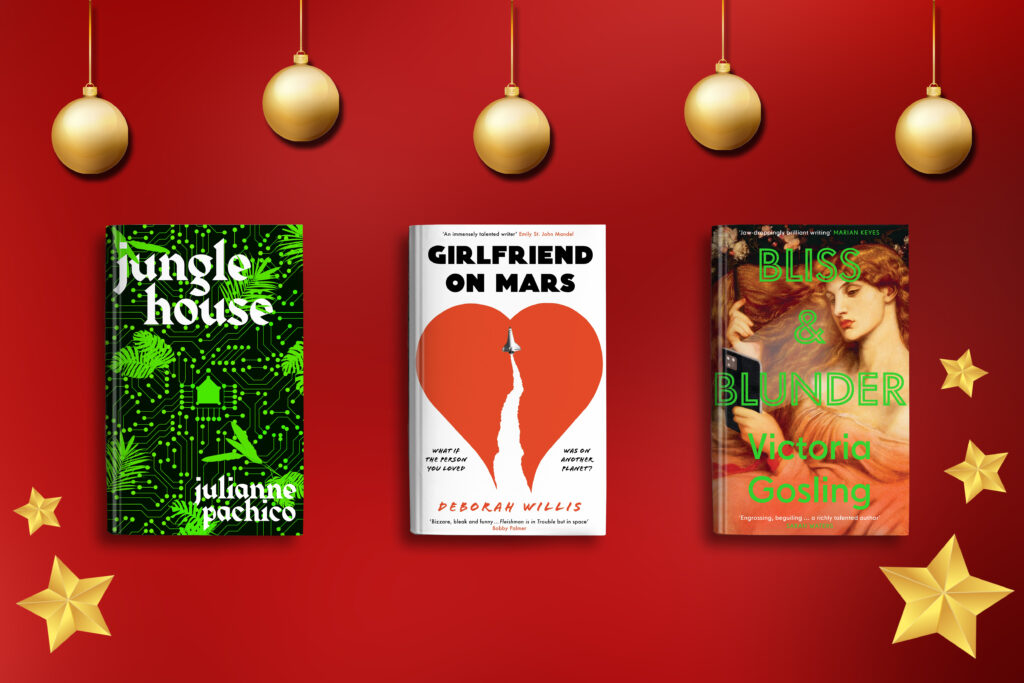
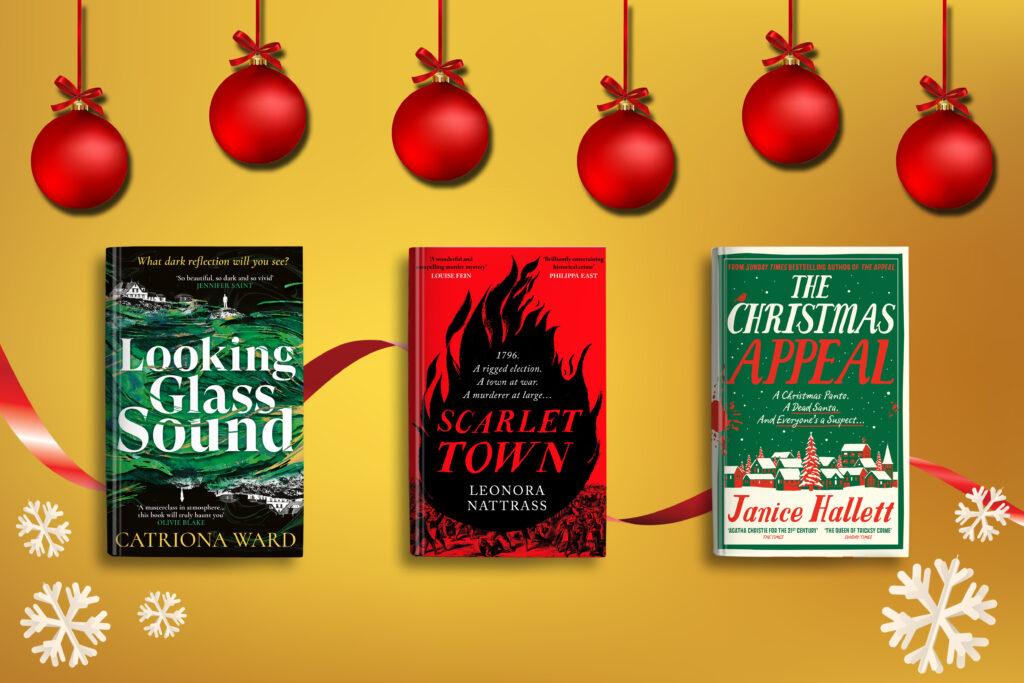


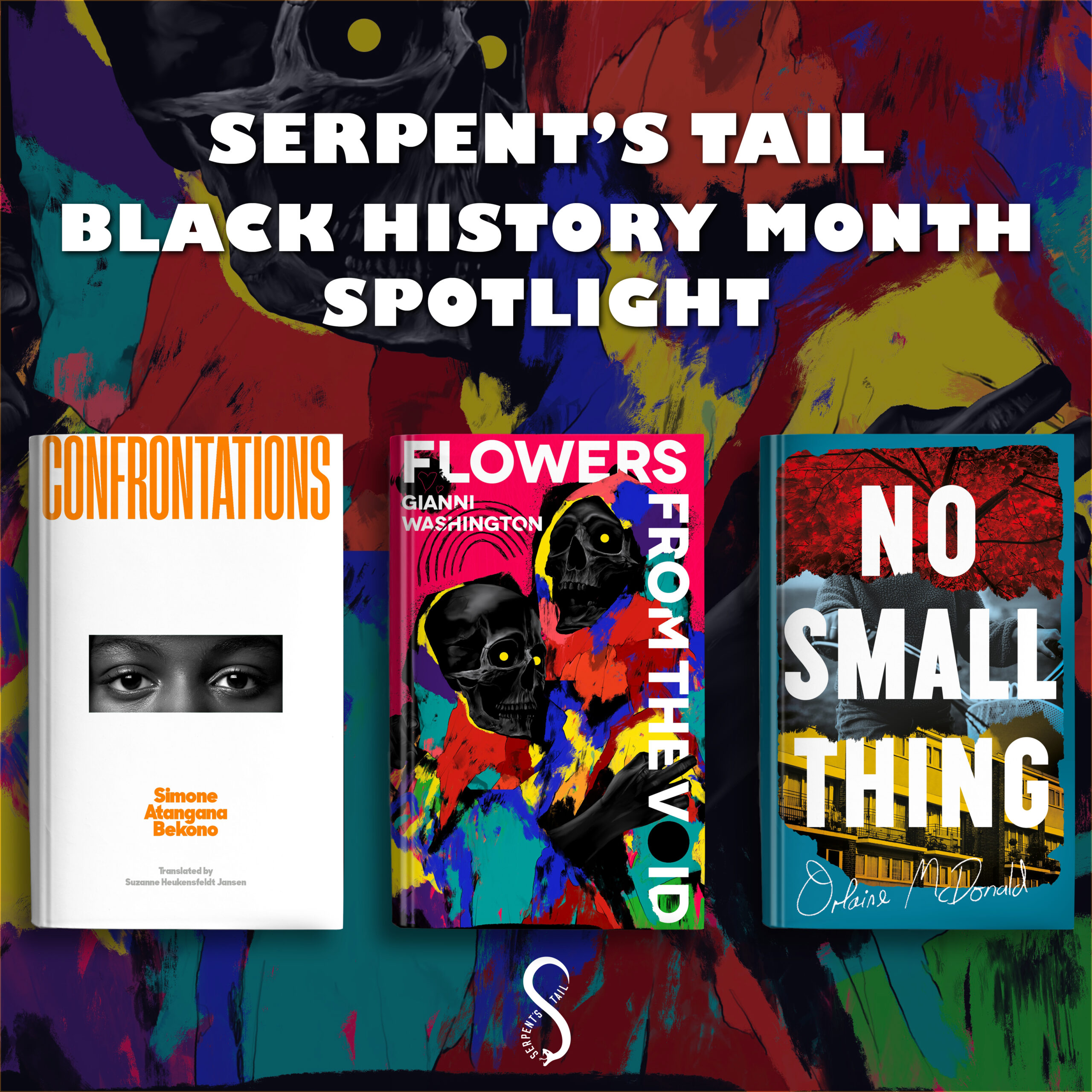
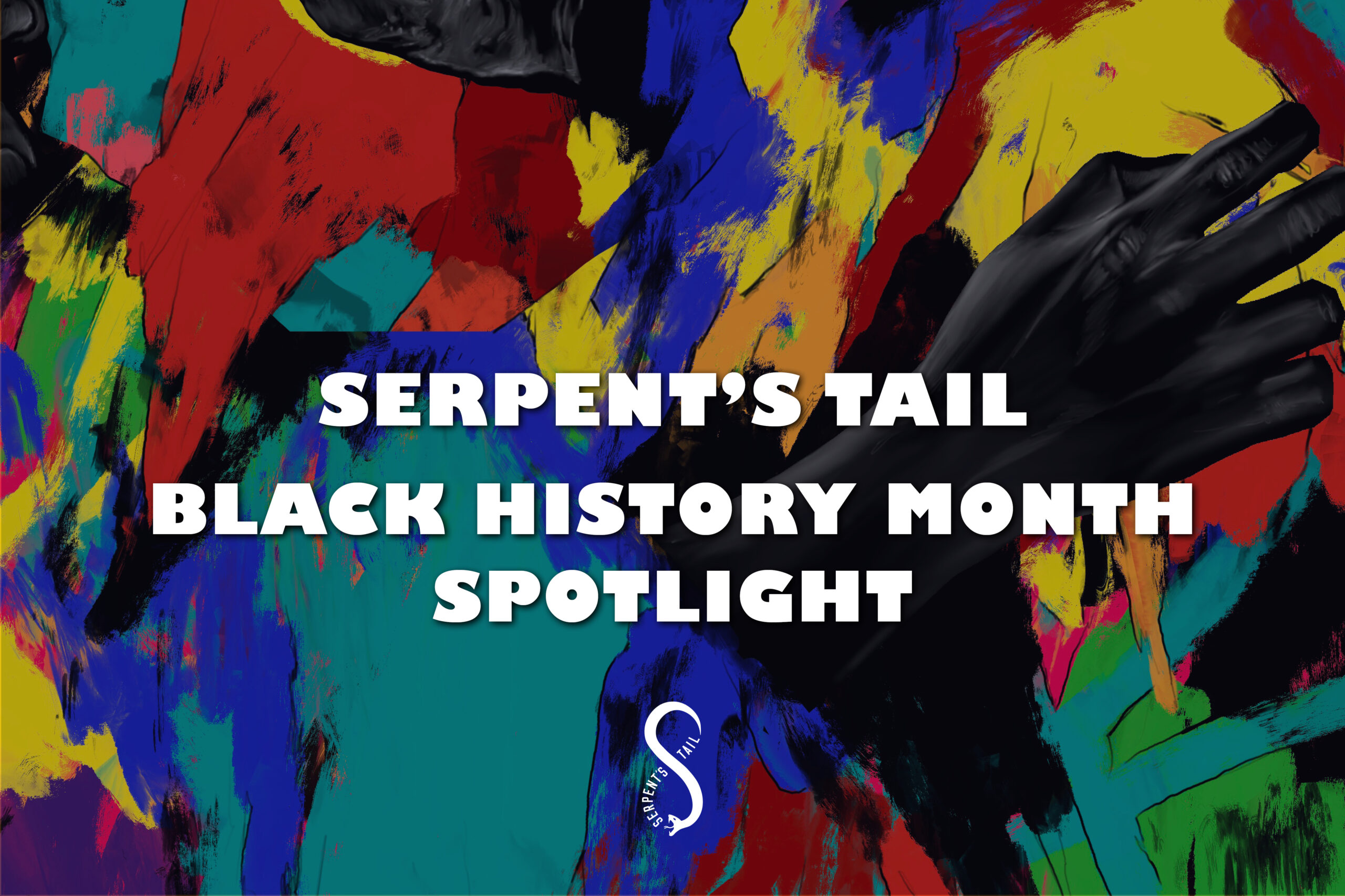
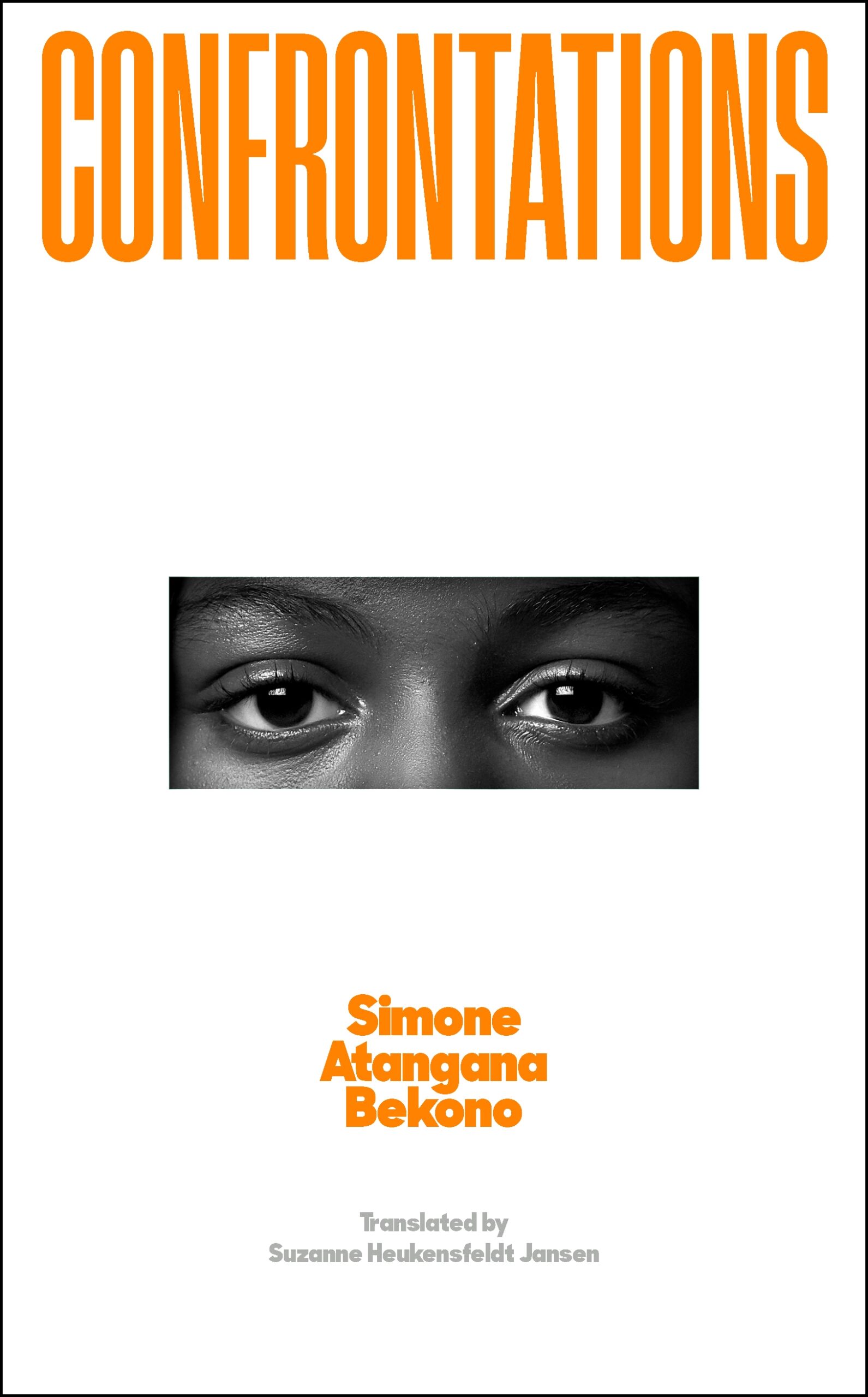
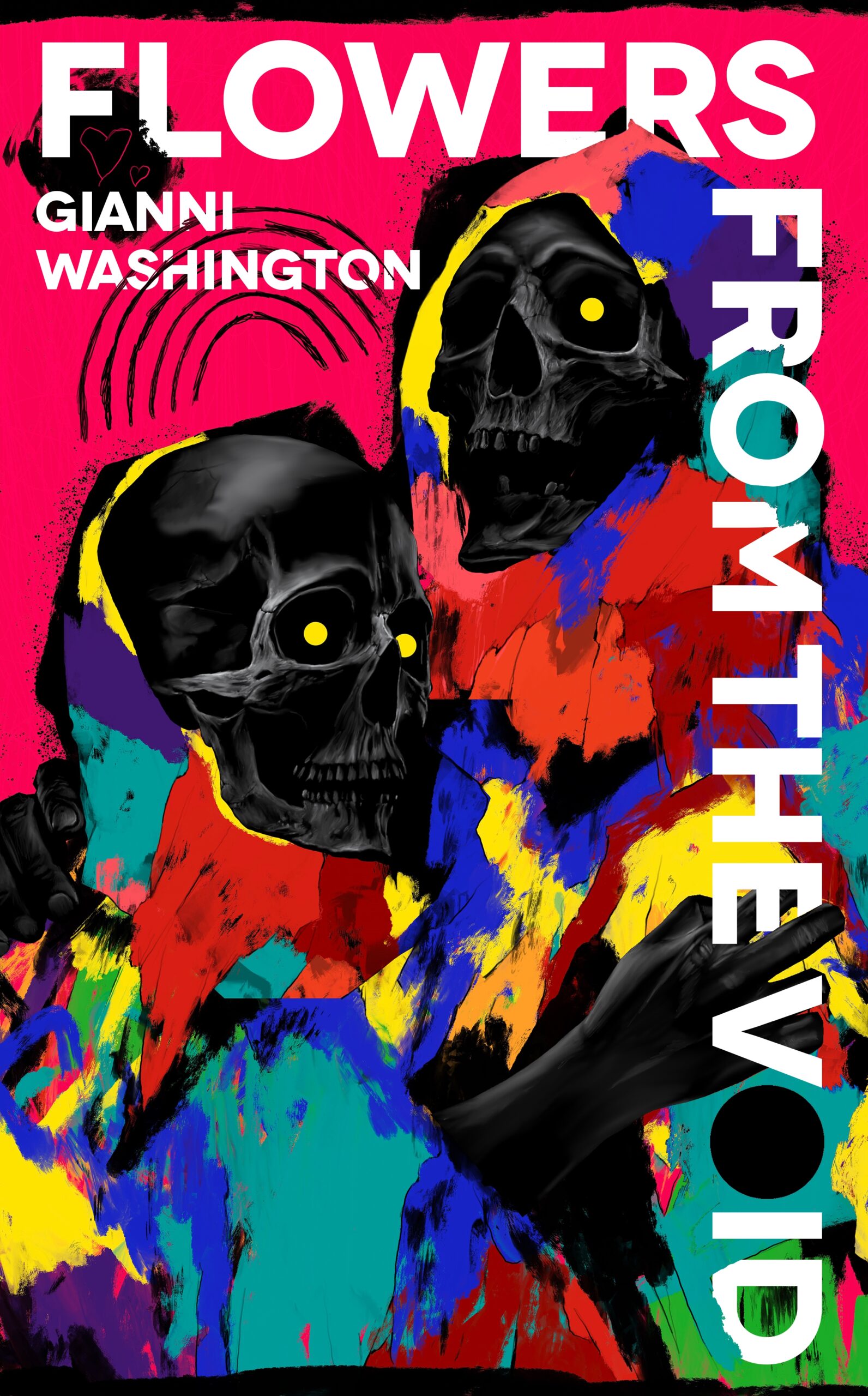
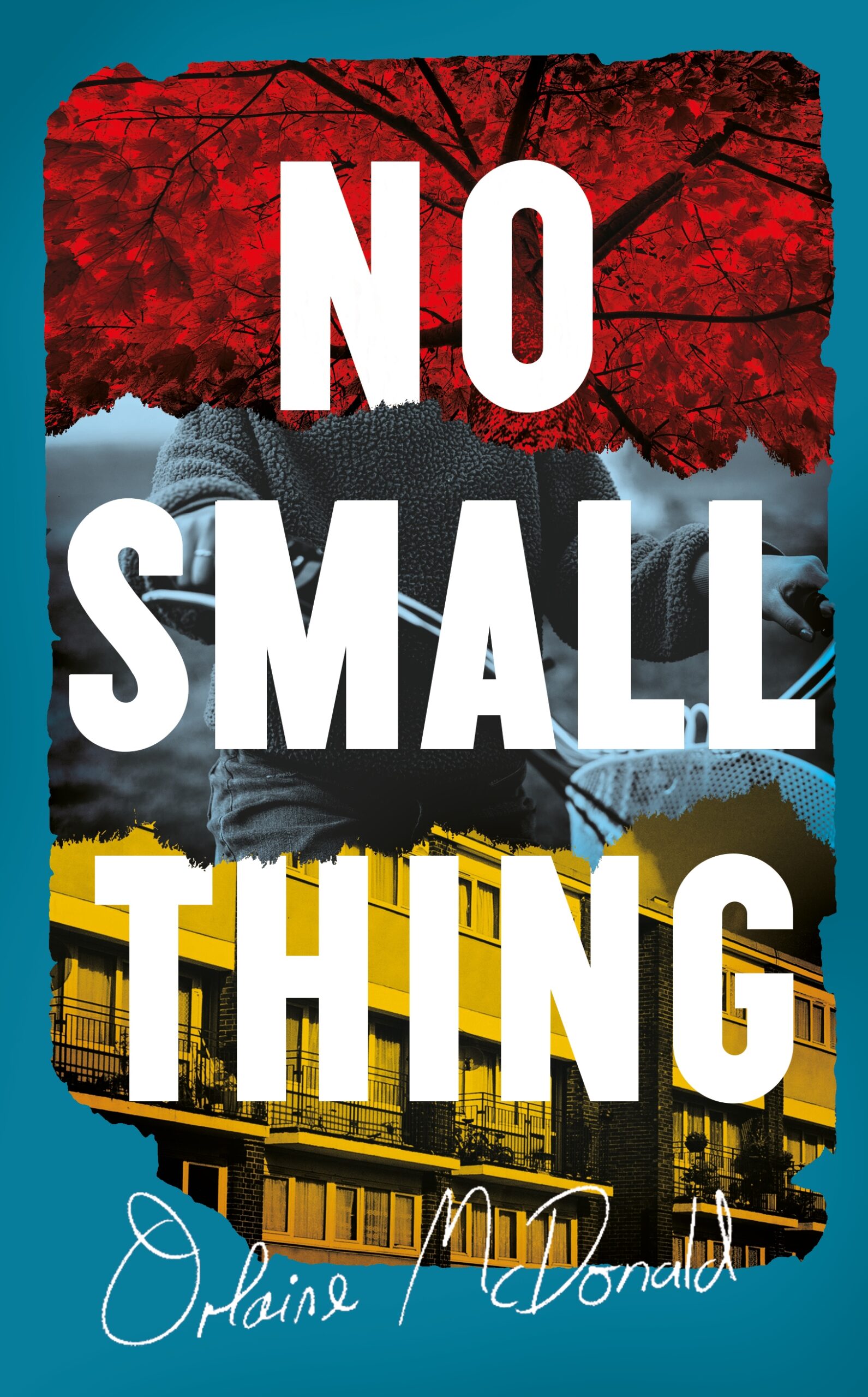

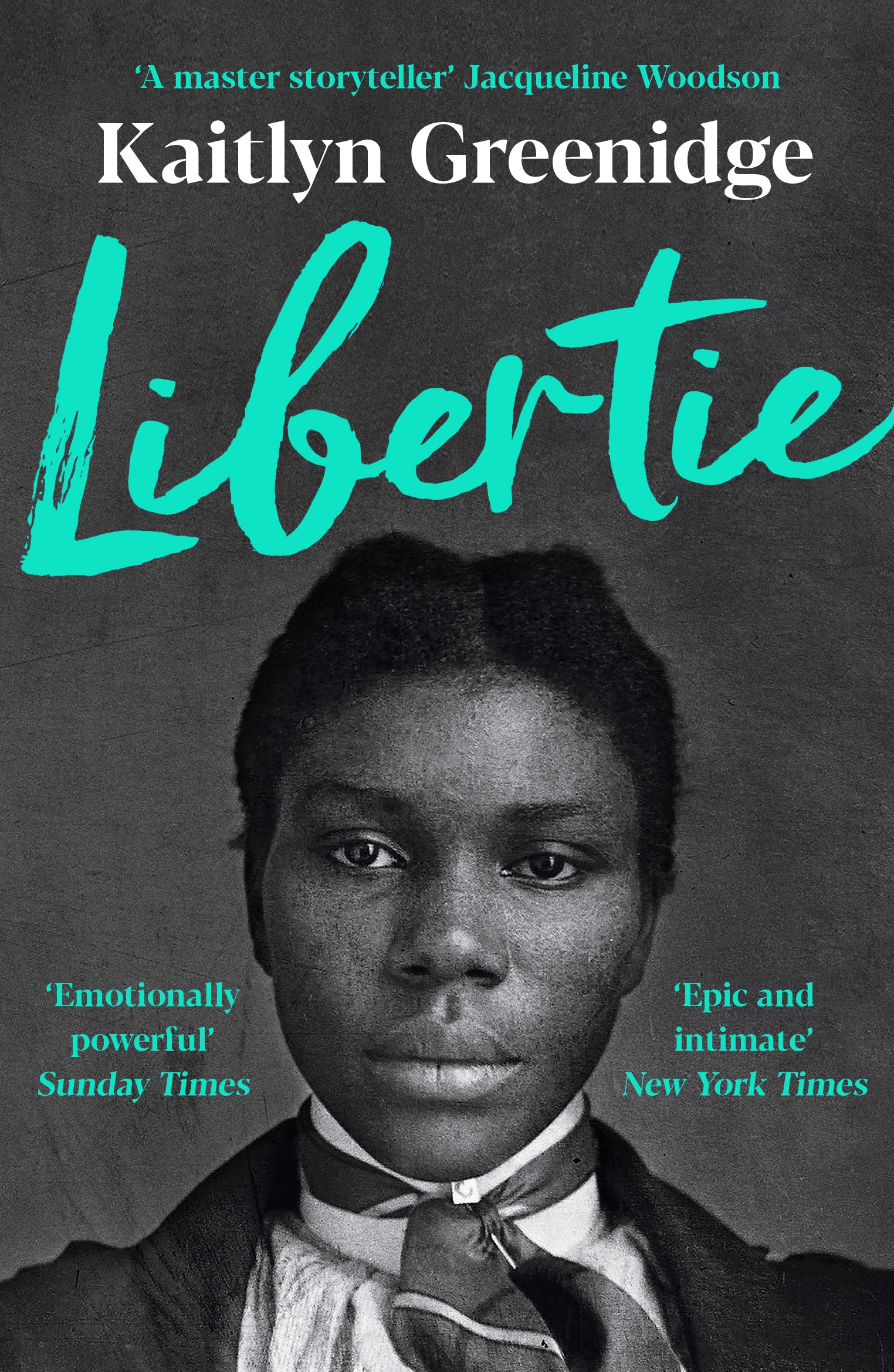
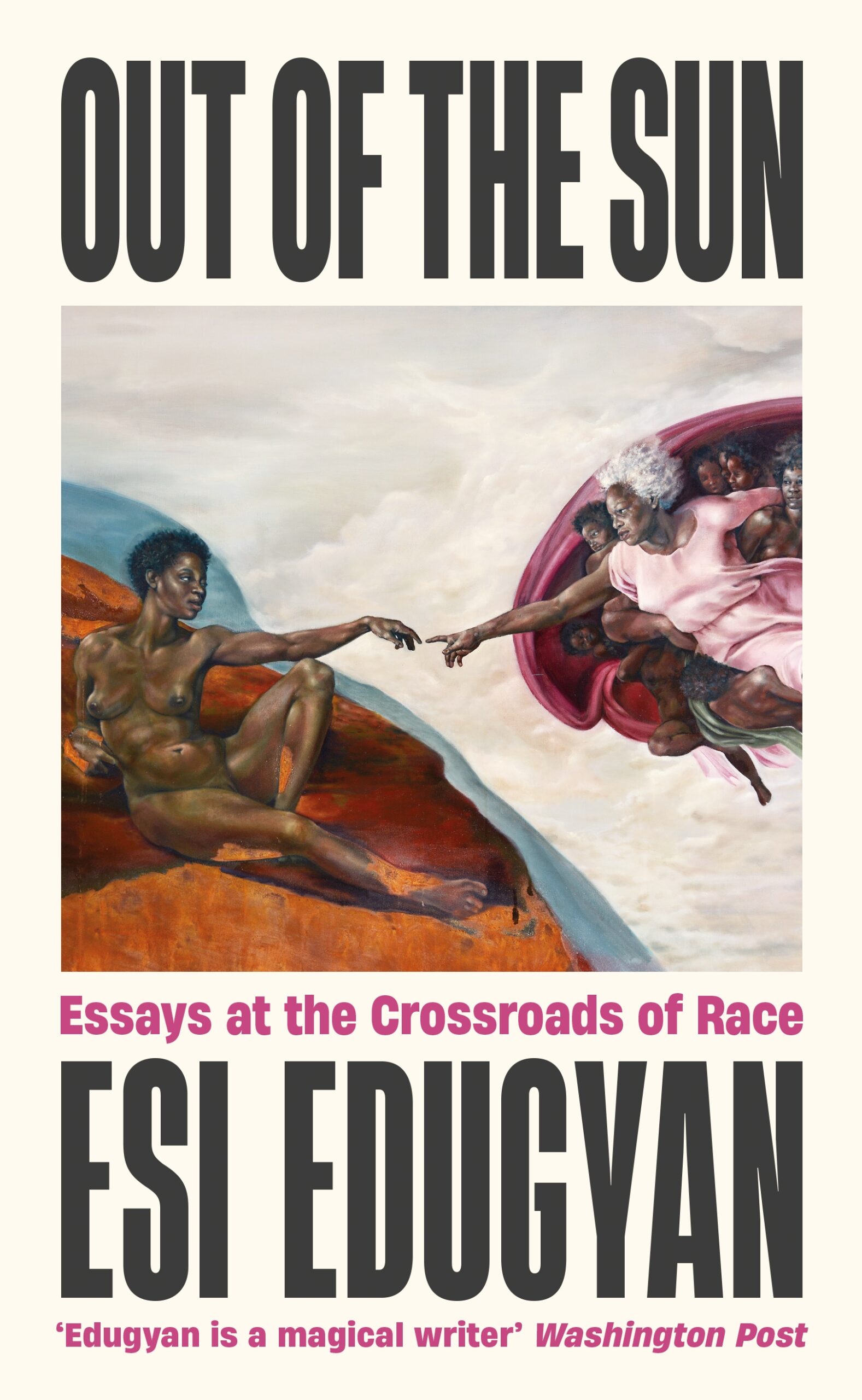
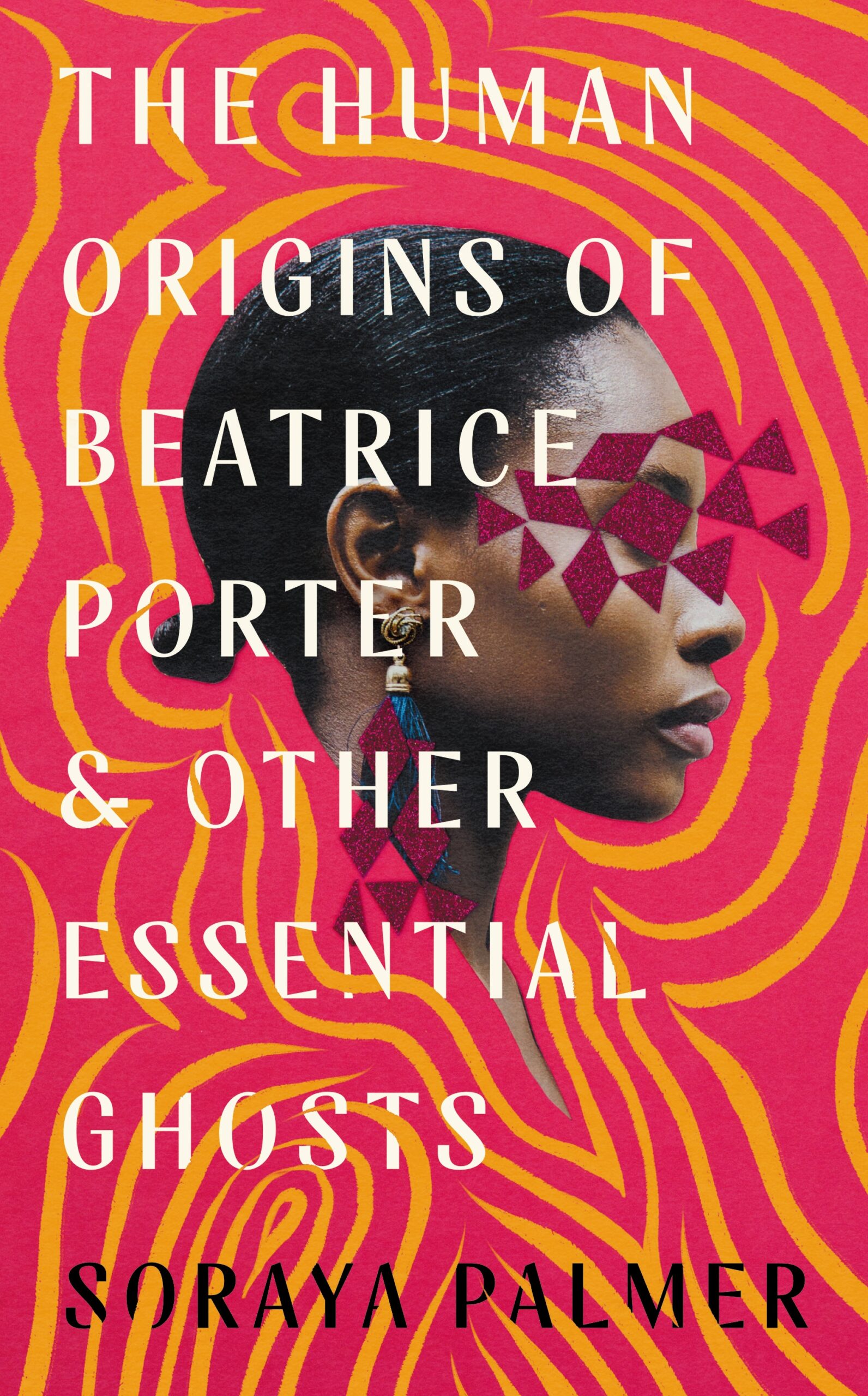
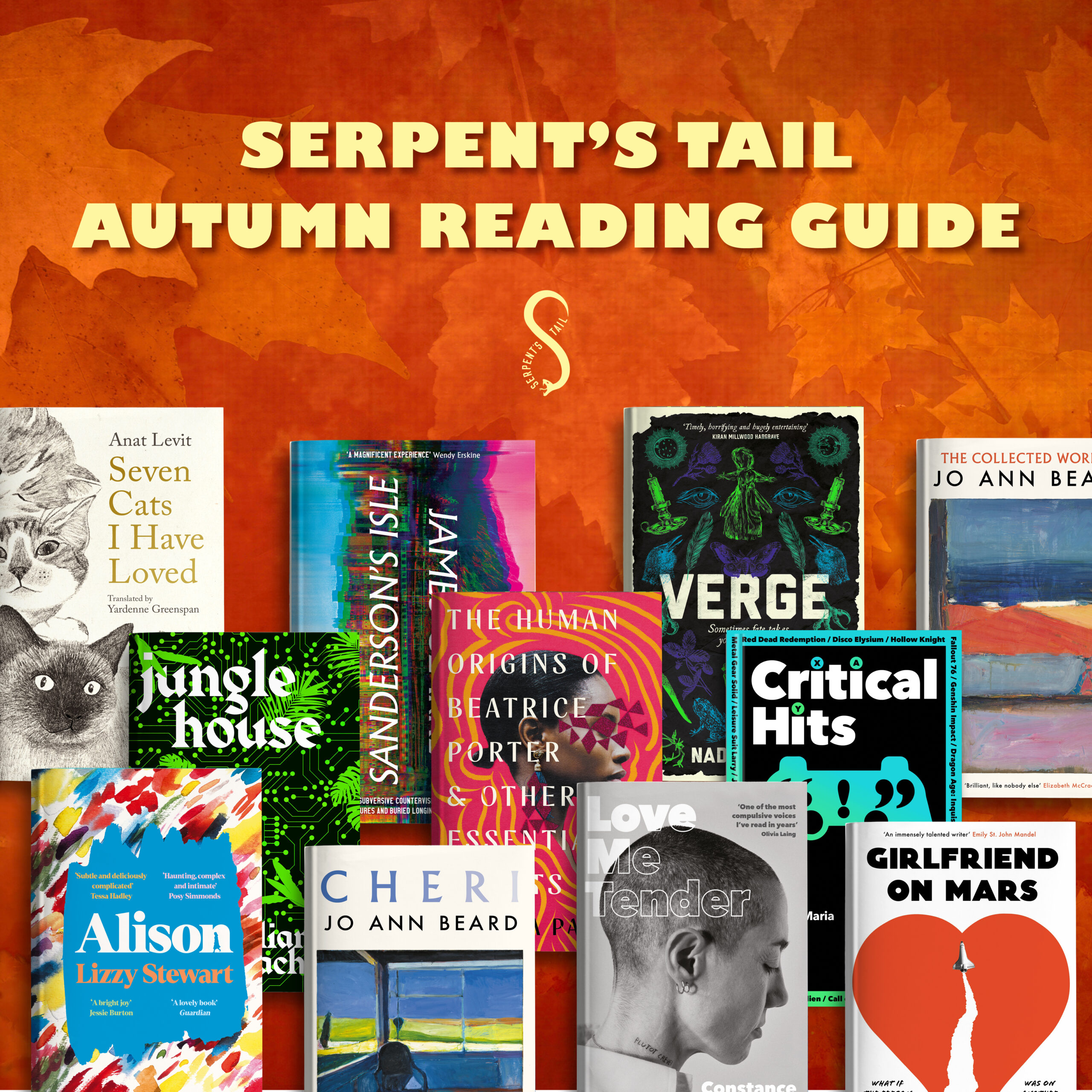
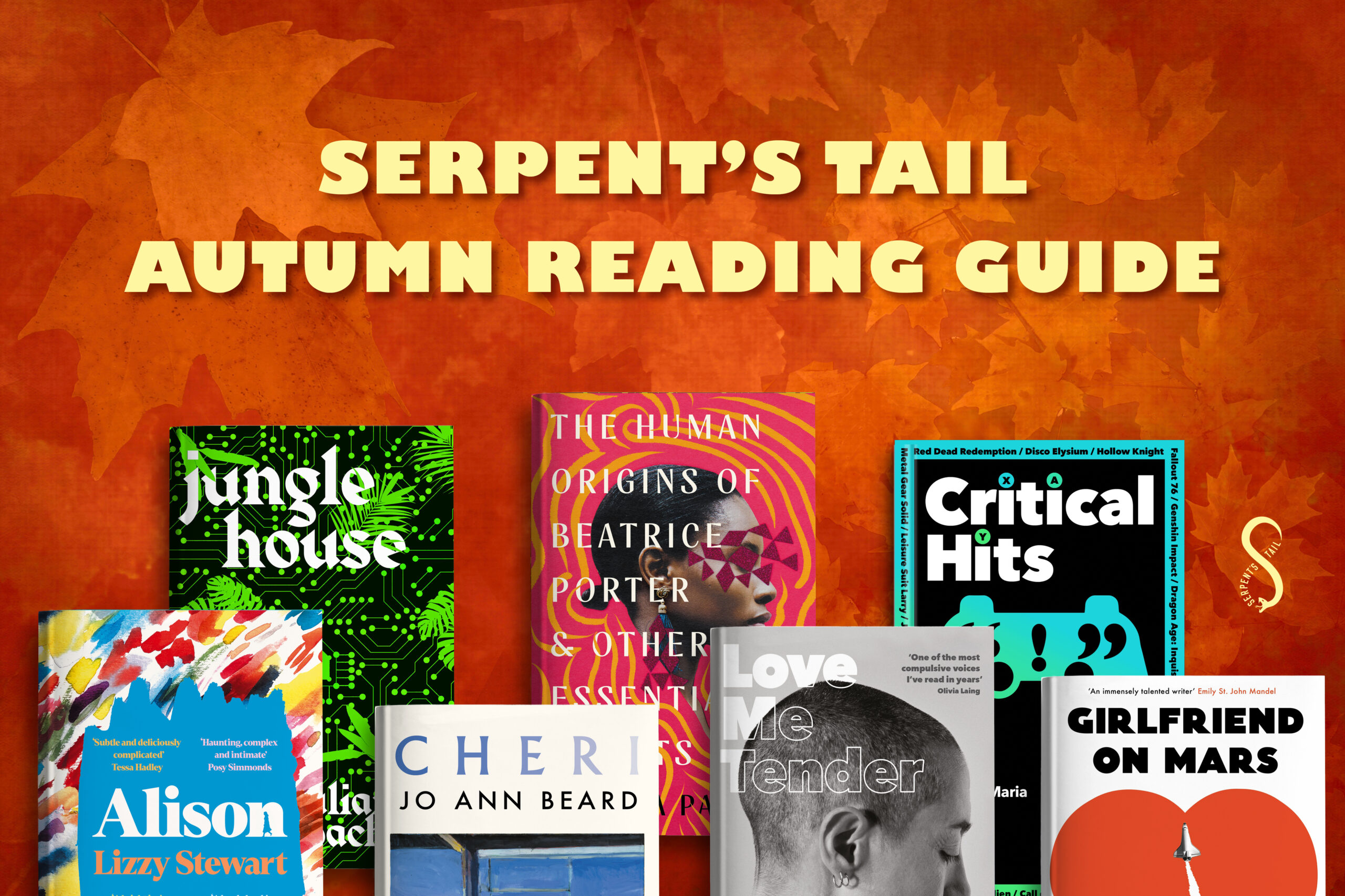

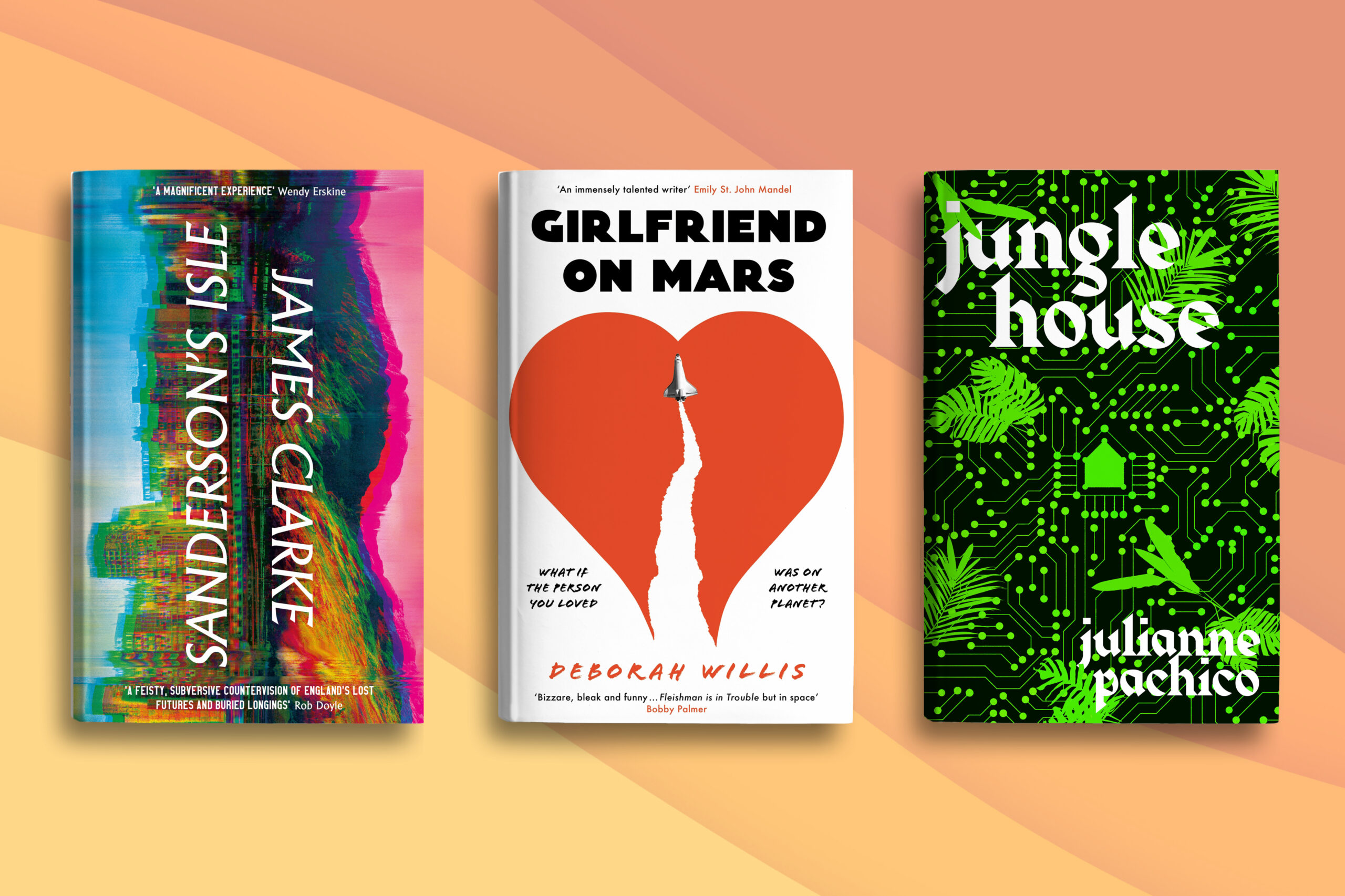
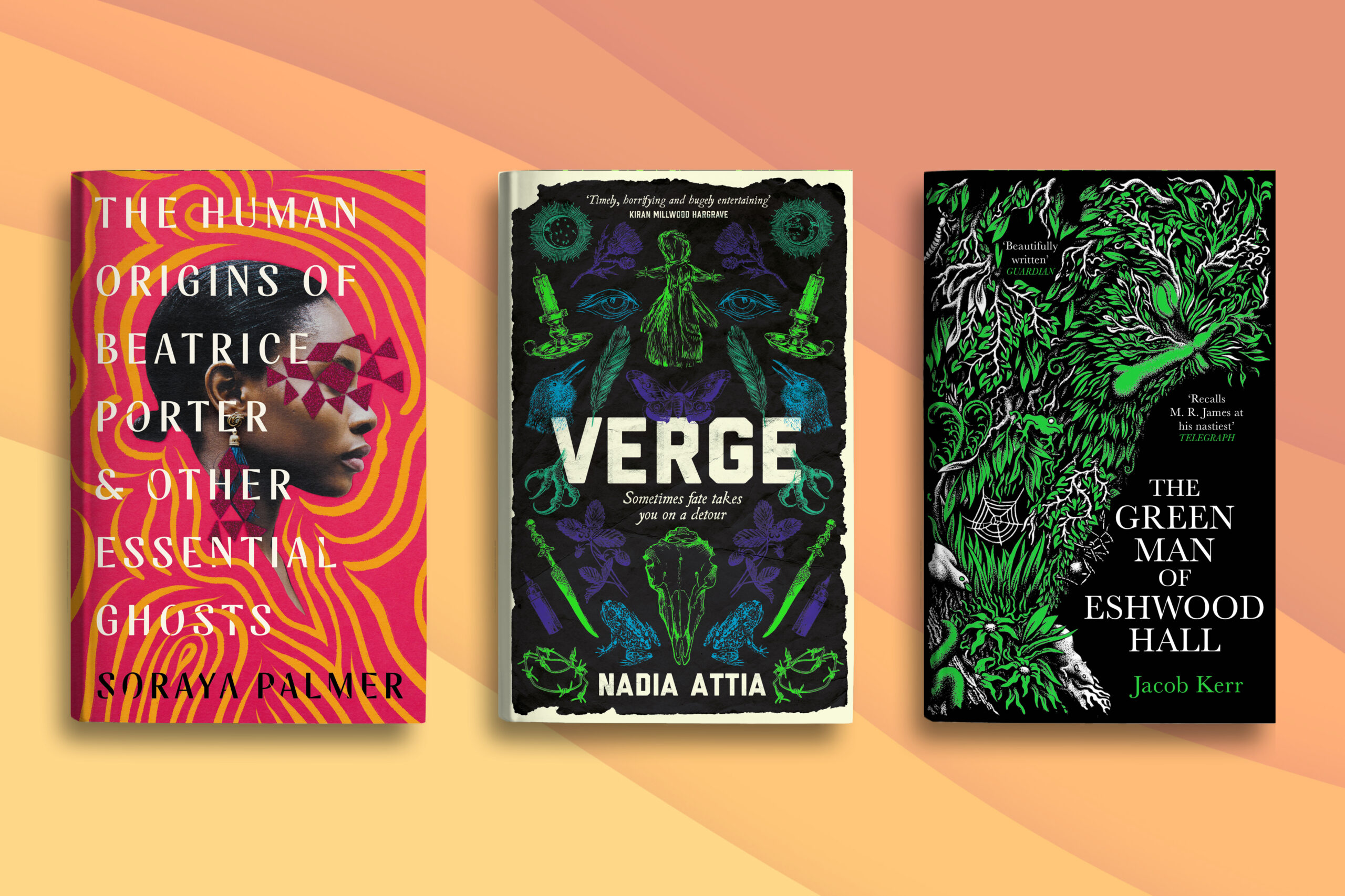


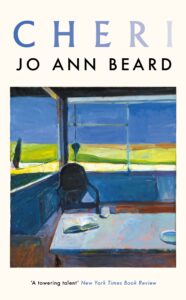
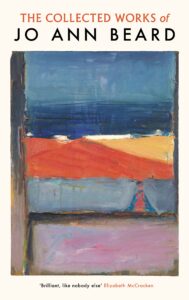

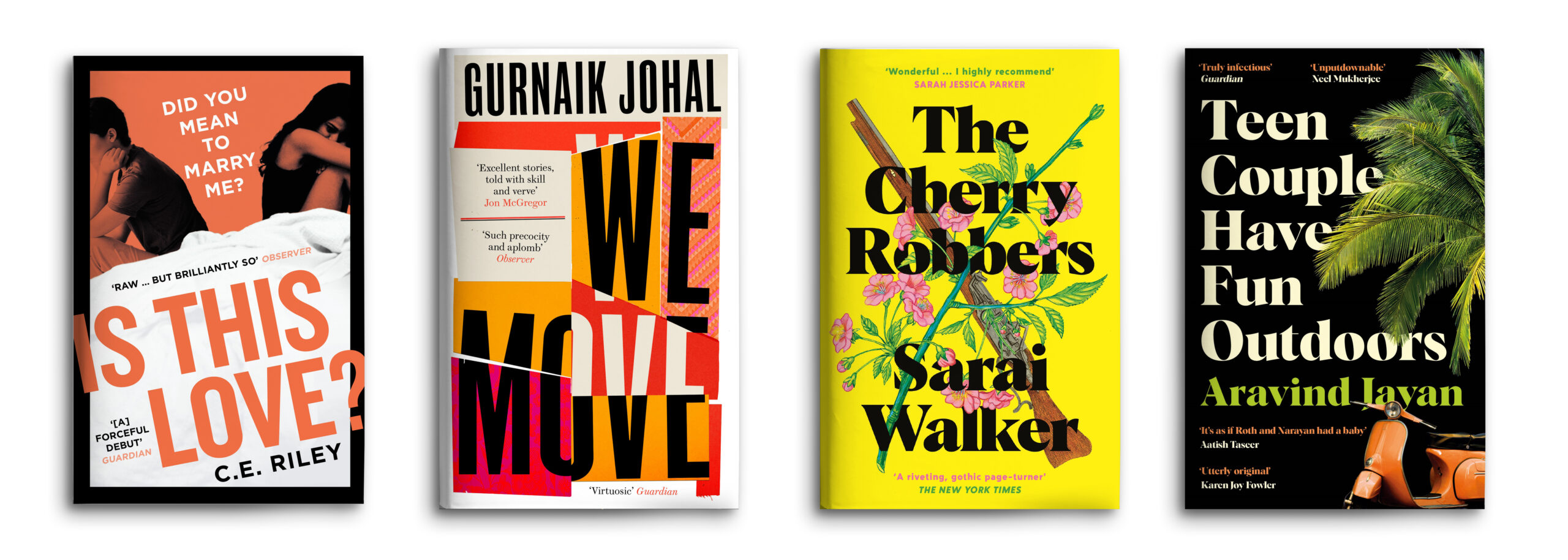

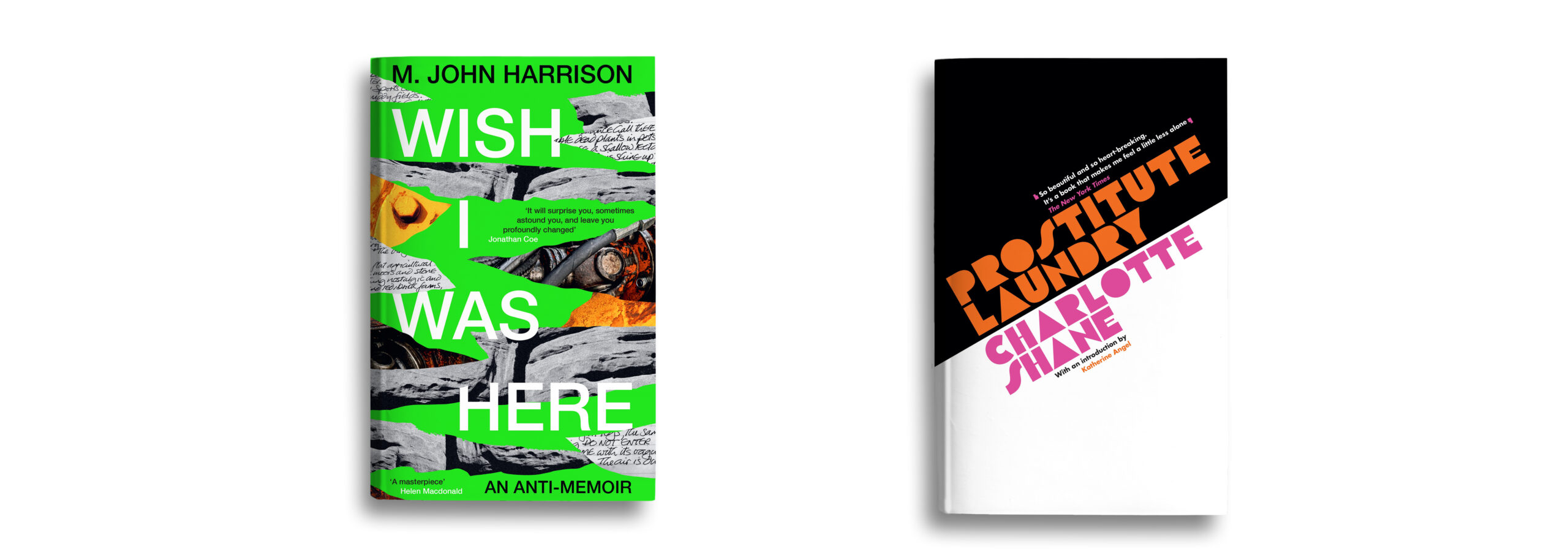


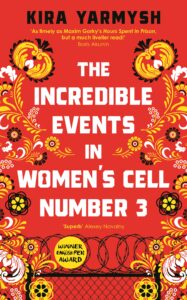
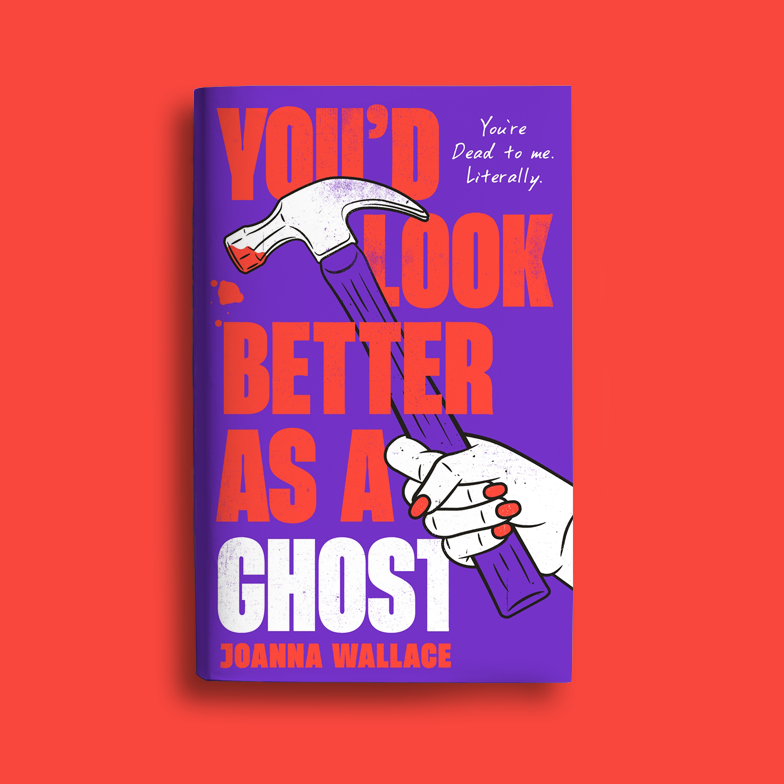


 A Stylist ‘Non-fiction You Can’t Miss’ selection for 2023
A Stylist ‘Non-fiction You Can’t Miss’ selection for 2023




